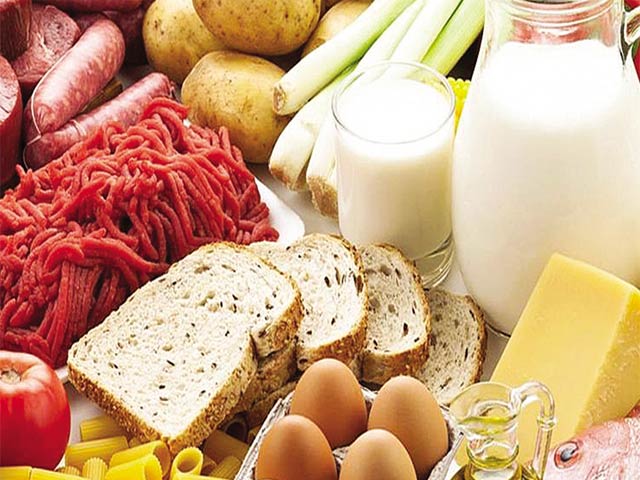It is traditionally believed that it is more beneficial to include a variety of ingredients in your diet. But if the situation was such that you could only eat one thing to survive, what would it be?
A person cannot survive on a single loaf of bread, otherwise within a month he will develop scurvy, which depletes the human body of vitamin C.
The best diet plans are those that include a variety of foods that will help the human body not be deficient in vitamin C, iron, and other nutrients. Even those dieting plans that focus on a few specific ingredients.
They also include various types of things with the help of which a person gets nutritious food.
But still, if you were to imagine that you could only eat one thing to survive, would that food be more beneficial in its efficacy than other foods? Can you subsist on potatoes or bananas for good health?
One thing is certain. This diet plan will not only consist of meat, vegetables and fruits. Meat does not contain fiber or any vitamins and other useful ingredients. Fruits and vegetables certainly contain vitamins, but they do not contain protein at all.
These essential ingredients may not be essential to keep the body alive, but leaving them out is unhealthy.
Wahlmar Stefansson, a year-round researcher in the icy Arctic, told of people living in northern Canada who became sick and developed diarrhea and other ailments just from eating rabbit meat.
It is also believed that it is not advisable for the body to depend only on protein for the necessary calories as it affects the ability of the liver to function.
According to Jenny Jackson, a nutritionist at Glasgow Caledonian University, potatoes are a good substitute if meat, most vegetables and fruit are not available.
The special thing about potato is that despite being rich in starch, it contains a large amount of protein and amino acids useful for the human body. But on the other hand potatoes are deficient in fat as per the prescribed standard.
Potatoes are also low in vitamins and minerals, said Jenny Jackson. But beyond just nutrition, there are many barriers to using just one thing for food. Humans have mechanisms within their bodies that prevent the body from eating just one thing. With their help, if the same food is eaten continuously, that food is not digested.
The logic that a food that contains all the nutrients and eating it will meet all the nutritional needs of a human is not true. To understand this, it is important to understand how nutrition is conceptualized in modern times.
In the early 20th century, researchers stopped feeding certain diets to research mice and observed whether the mice became ill or died. With the help of this research, it was found out what is the importance of vitamins and how much harm is caused by not eating them.
However, it must be kept in mind that the information about the benefits of a balanced diet cannot be 100% accurate with the help of laboratory experiments.
Data from human epidemiology suggests that eating a variety of vegetables is better than eating just a few, but it is not clear why. If green vegetables are not consumed in food, it means that the risk of developing cancer may increase in the future.
“We don’t know exactly which foods are influencing how,” says Janice Jackson. However, in the light of current information, we can say what we should eat to get nutrition, but we cannot say what we are not eating.’
This shows that single-ingredient diets certainly save time and trouble, but they also lead to poor health just as quickly, as well as boredom.
(function(d, s, id){
var js, fjs = d.getElementsByTagName(s)[0];
if (d.getElementById(id)) {return;}
js = d.createElement(s); js.id = id;
js.src = “//connect.facebook.net/en_US/sdk.js#xfbml=1&version=v2.3&appId=770767426360150”;
fjs.parentNode.insertBefore(js, fjs);
}(document, ‘script’, ‘facebook-jssdk’));
(function(d, s, id) {
var js, fjs = d.getElementsByTagName(s)[0];
if (d.getElementById(id)) return;
js = d.createElement(s); js.id = id;
js.src = “//connect.facebook.net/en_GB/sdk.js#xfbml=1&version=v2.7”;
fjs.parentNode.insertBefore(js, fjs);
}(document, ‘script’, ‘facebook-jssdk’));



